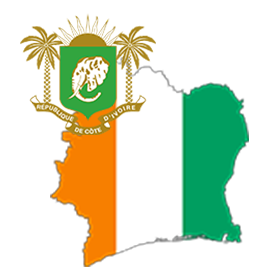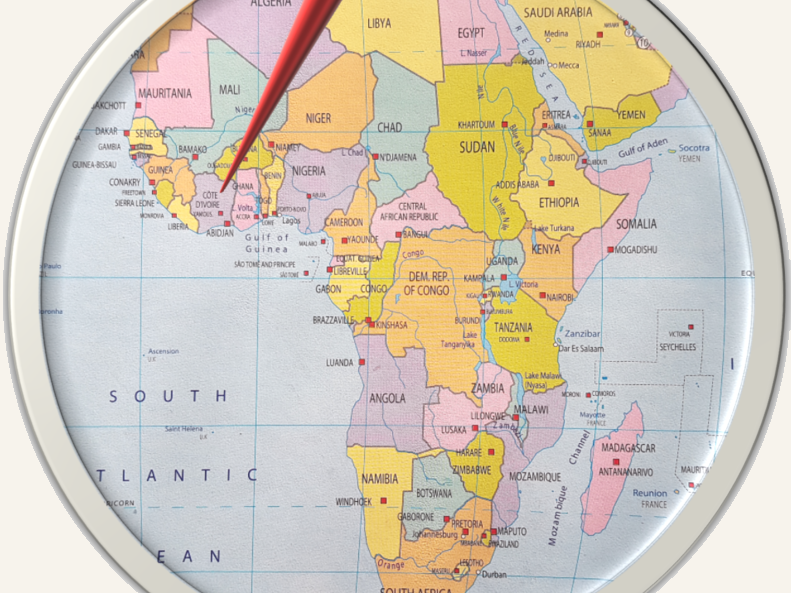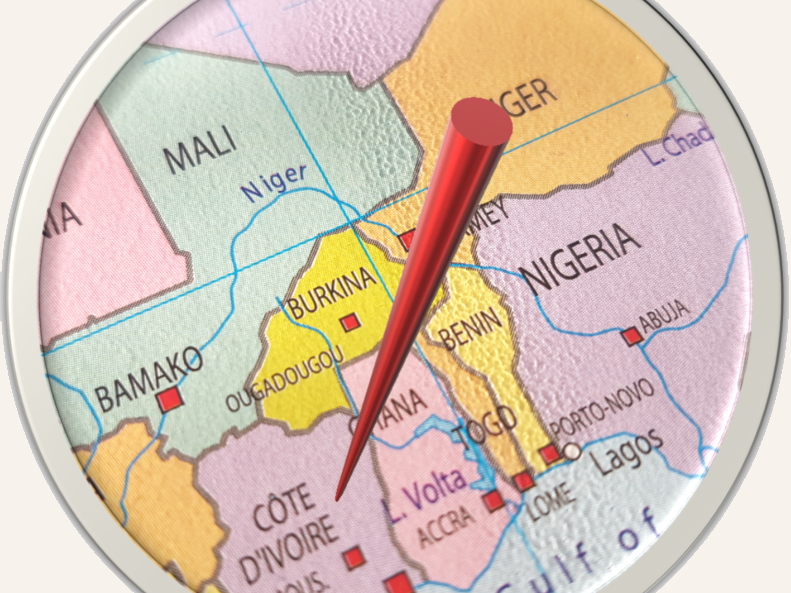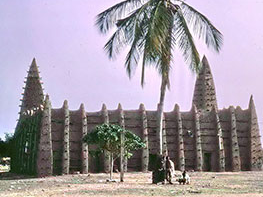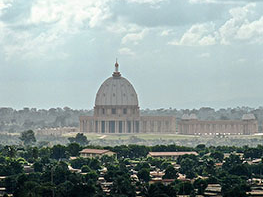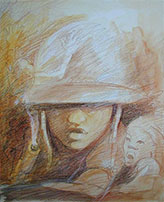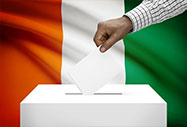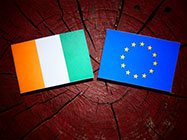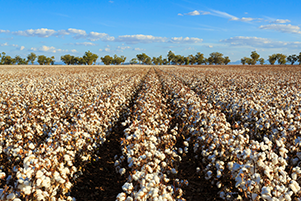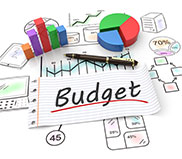Since 1983, Ivory Coast's capital has been Yamoussoukro. Abidjan is the administrative center. Most countries maintain their embassies in Abidjan. The Ivoirian population has suffered because of an ongoing civil war. International human-rights organizations have noted problems with the treatment of captive non-combatants by both sides and the re-emergence of child slavery in cocoa production.
Although most of the fighting ended by late 2004, the country remained split in two, with the north controlled by the New Forces. A new presidential election was expected to be held in October 2005, and an agreement was reached among the rival parties in March 2007 to proceed with this, but it continued to be postponed until November 2010 due to delays in its preparation.
Elections were finally held in 2010. The first round of elections was held peacefully, and widely hailed as free and fair. Runoffs were held 28 November 2010, after being delayed one week from the original date of 21 November. Laurent Gbagbo as president ran against former Prime Minister Alassane Ouattara.
On 2 December, the Electoral Commission declared that Ouattara had won the election by a margin of 54% to 46%. In response, the Gbagbo-aligned Constitutional Council rejected the declaration, and the government announced that country's borders had been sealed. An Ivorian military spokesman said, "The air, land, and sea border of the country are closed to all movement of people and goods.

